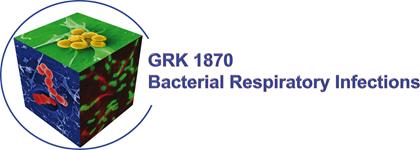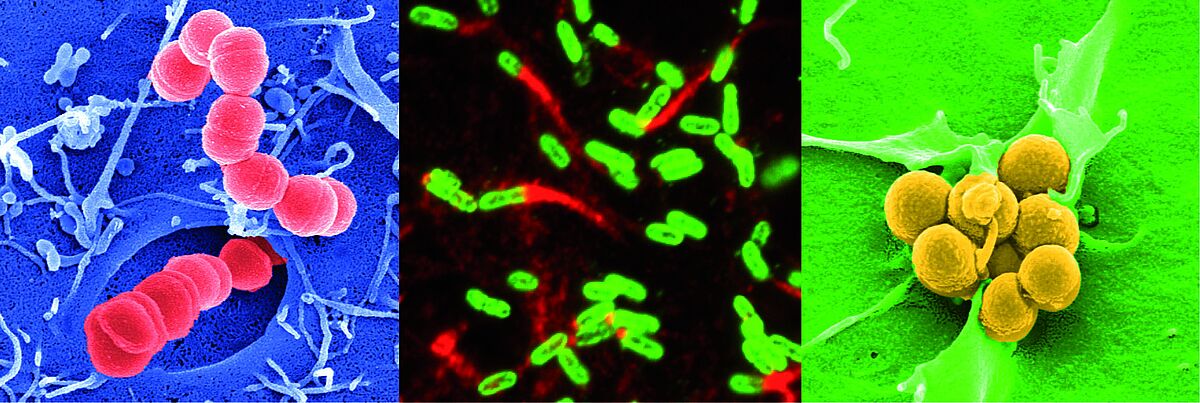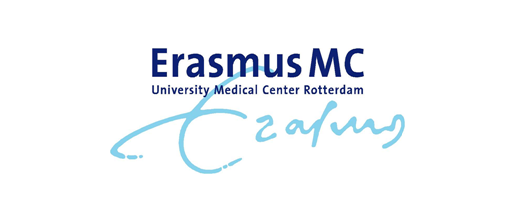Research Training Group (RTG) 1870: Bacterial Respiratory Infections


Respiratory tract infections are a major health threat worldwide, imposing a huge burden on patients and health care systems. In the RTG 1870 “Bacterial Respiratory Infections – Common and Specific Mechanisms of Pathogen Adaptation and Immune Defence” (BacRes) specialists in infection biology, microbiology, immunology, functional genomics and bioinformatics have studied pathogenesis mechanisms of three multifaceted respiratory bacterial pathogens that pose serious treatment problems: Burkholderia pseudomallei, Streptococcus pneumoniae (pneumococci), and Staphylococcus aureus. A better understanding of the rapid adaptation processes enabling pathogens to colonize new host habitats is a prerequisite for developing urgently needed therapeutic strategies and vaccines.
Analysis of how bacteria maintain fitness while changing their environmental niches and resist attacks by the host immune system requires interdisciplinary efforts and state-of-the-art technologies. Here we assessed the regulation and expression of virulence factors, explored OMICs signatures of bacteria and host cells during colonization and infection, determined structure-function relationships of surface-exposed lipoproteins and transporters, and studied mechanisms of immune defence. Specific added value were derived from comparing the three bacterial species in the same experimental systems, to identify shared or unique molecular mechanisms employed to meet the challenges of proliferating in a respiratory environment.








